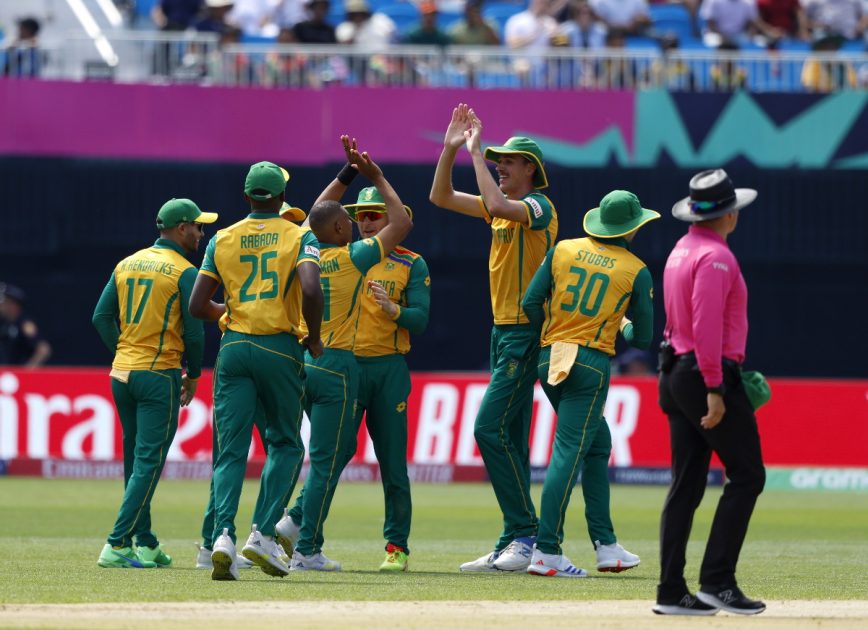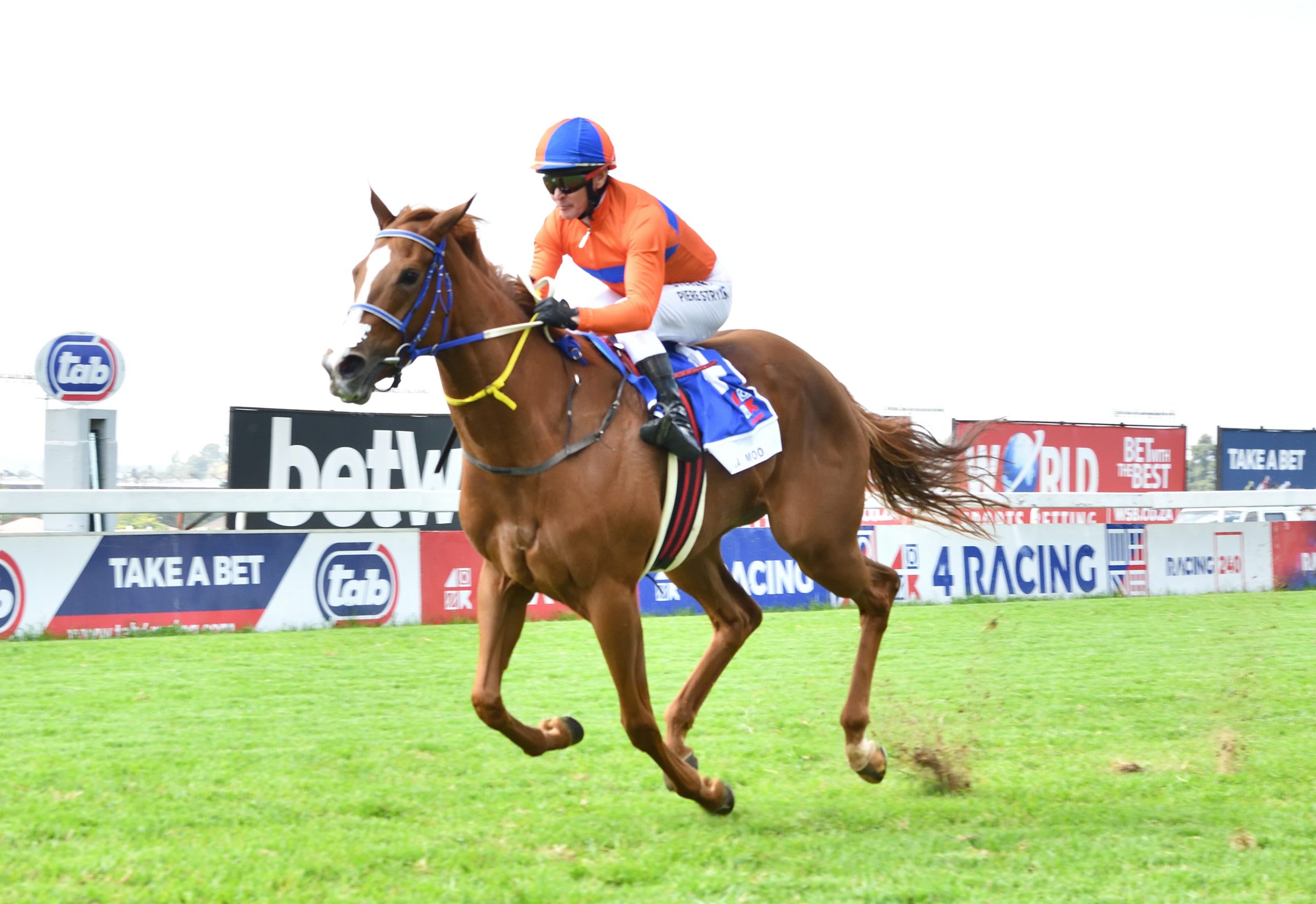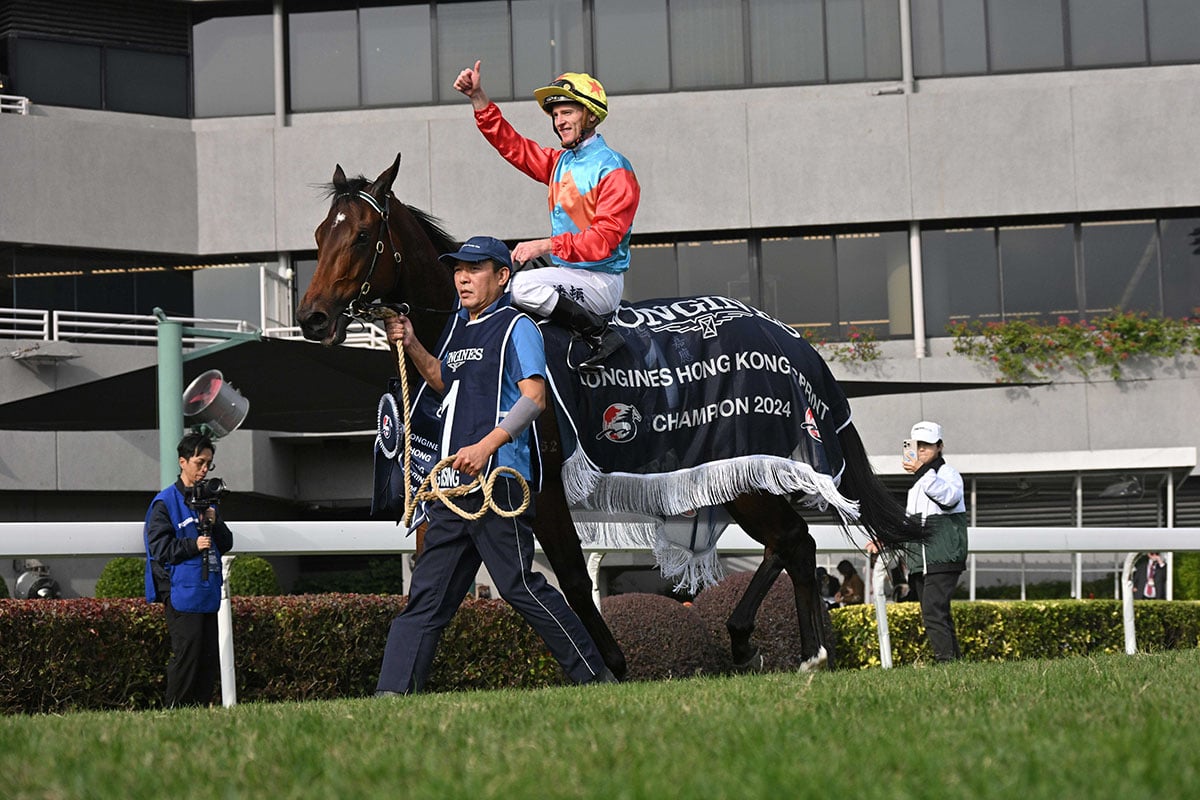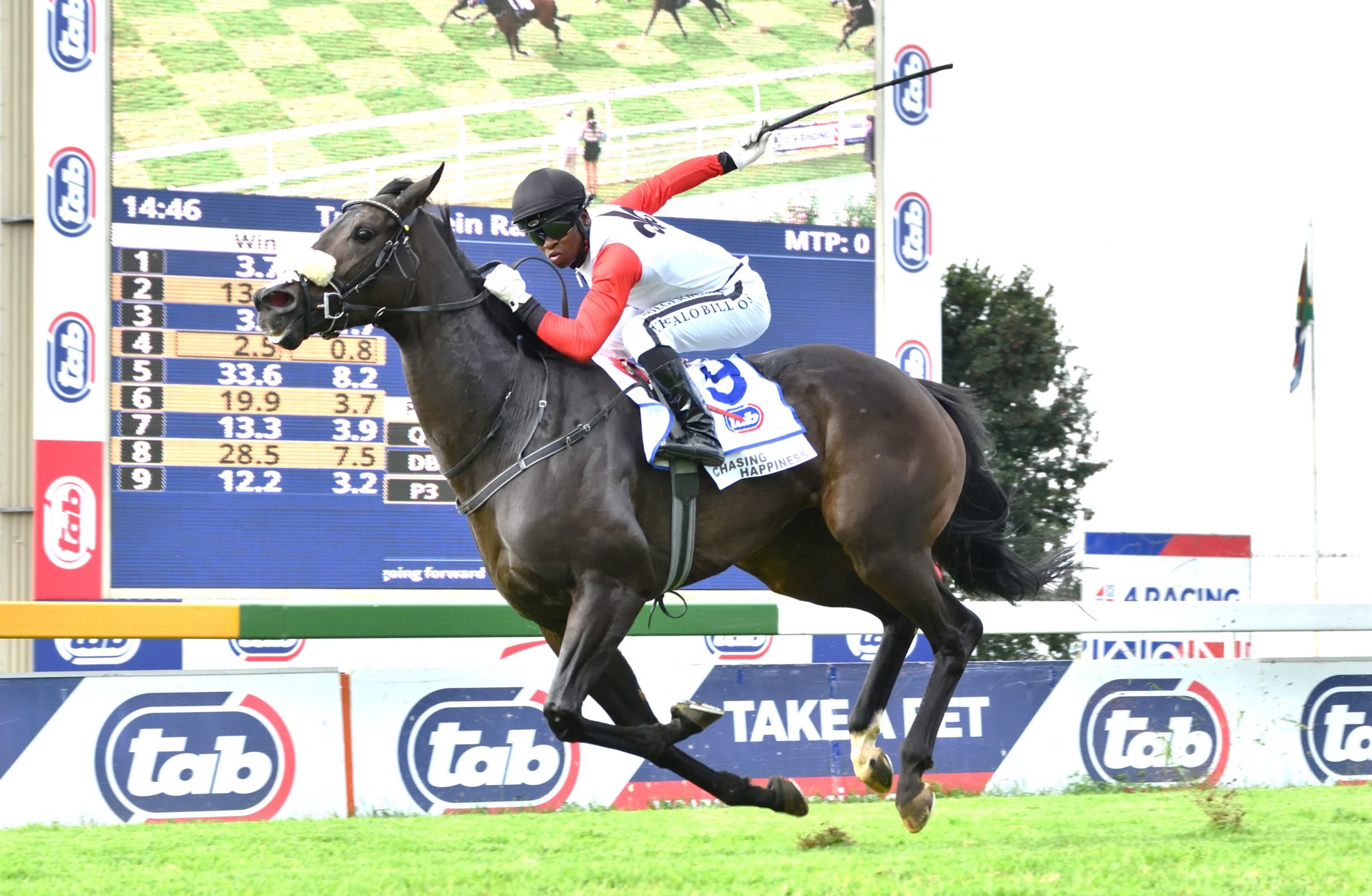In the aftermath of a gutting T20 World Cup final for the Proteas men’s team, James Richardson asks where do they go from here?
Most South African cricket fans are likely to have little appetite for another World Cup post-mortem.
While there was no shame in the Proteas going down to an India side who themselves should have much greater success to speak of considering the T20 base that they operate off thanks to the IPL, the team and administrators need to plot a path forward.

Where to next? (Pic – John Angelillo-UPI-Shutterstock)
Proteas white ball coach Rob Walter should be given credit for the progress this team has made but he might well be raked over the coals over failing to paint a better picture on transformation.
Walter isn’t the man who should be taking the hit on transformation, but Cricket South Africa board members aren’t likely to fall on their swords on that issue.
Cricketers of any race and creed don’t emerge from the wilderness fully formed and ready to win internationals and greater investment and effort needs to be pumped into development to address the lack of transformation.
One thing that will happen almost immediately is that the white-ball focus will fade just a little bit even if there is another big ICC event on the horizon in the form of the 2025 Champions Trophy.
The Proteas will play two Tests against the West Indies in August as their next international engagements which will see them return to the Caribbean.
These will be followed by a white-ball tour to Ireland which will take the Proteas to the brink of the home summer.
The Proteas will return from Ireland in early October and are likely to be injected into the early rounds of first-class competition ahead of the two-home series against Sri Lanka and then Pakistan.
Flipping between formats becomes the norm from now until the end of the year and the Proteas face a challenge similar to that which meets Cricket’s other great powers. They have to try to build winning teams across all three formats without dropping the ball in one or the other.
As things stand, the Proteas would have to concede that Test cricket is their greatest challenge when it comes to being competitive home and away.
One of the biggest challenges facing South African cricket is that of keeping their fast bowlers in shape to play Test cricket and also willing to do so.
Heading into the summer, Anrich Nortje has declared that he doesn’t want to play the longer formats of the game and the Proteas could be hit by more quicks doing the same.
Fast bowlers have to pay a big price to play Test cricket and they make those instalments with their bodies.
In this, they should take a leaf out of Australia’s book, although the Baggy Green are helped by their strong culture of Test cricket thanks to the Ashes and their quicks can be swayed to even skip the IPL if it serves the Test cause.
The move to have separate white-ball and Test coaches and really distinct setups is a move in the right direction given what each requires of players and support staff.
Moving forward CSA needs to find a better balance between financial sustainability and high performance. Firstly, they need to avoid the schedule having vast blank patches when other top sides are getting to sharpen up their skills in competition.
Behind the scenes, CSA also needs to try to keep key players who shouldn’t be retiring just yet, playing the international game. This is something that is easier said than done as players can often make demands based on their individual needs which clash with the team’s goals.
At the T20 World Cup, we saw that South Africa can take on the best in the world, including teams with far greater resources and backing behind them.
Now the belief and team culture need to be maintained over the long term.
The Proteas need to keep winning but also avoid catastrophizing losses and setbacks.
Keep the faith and the trophies will come.









